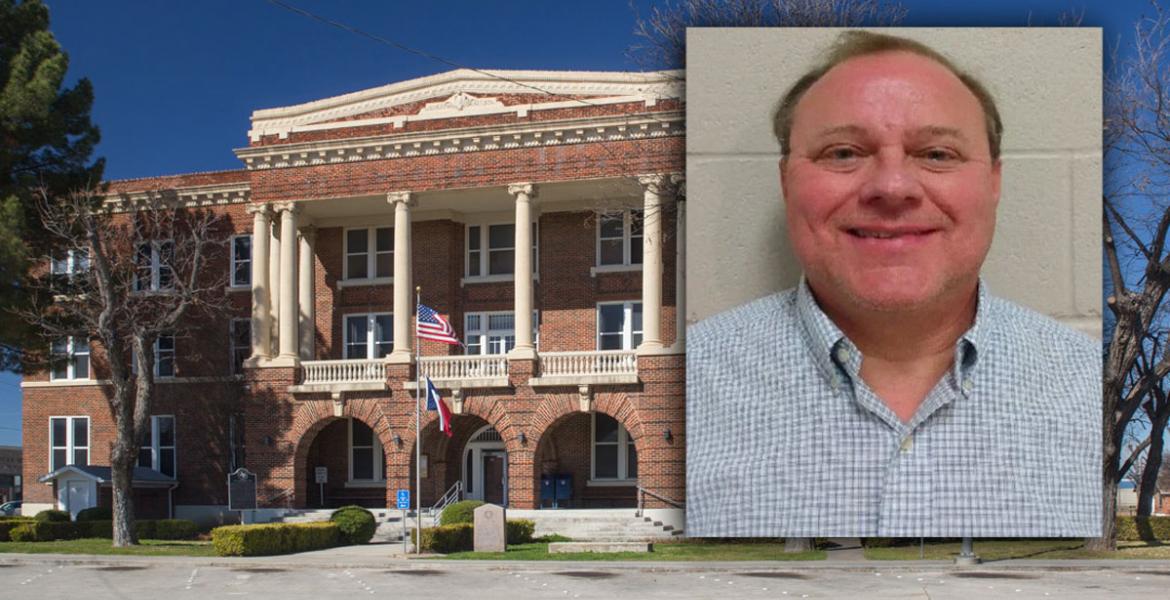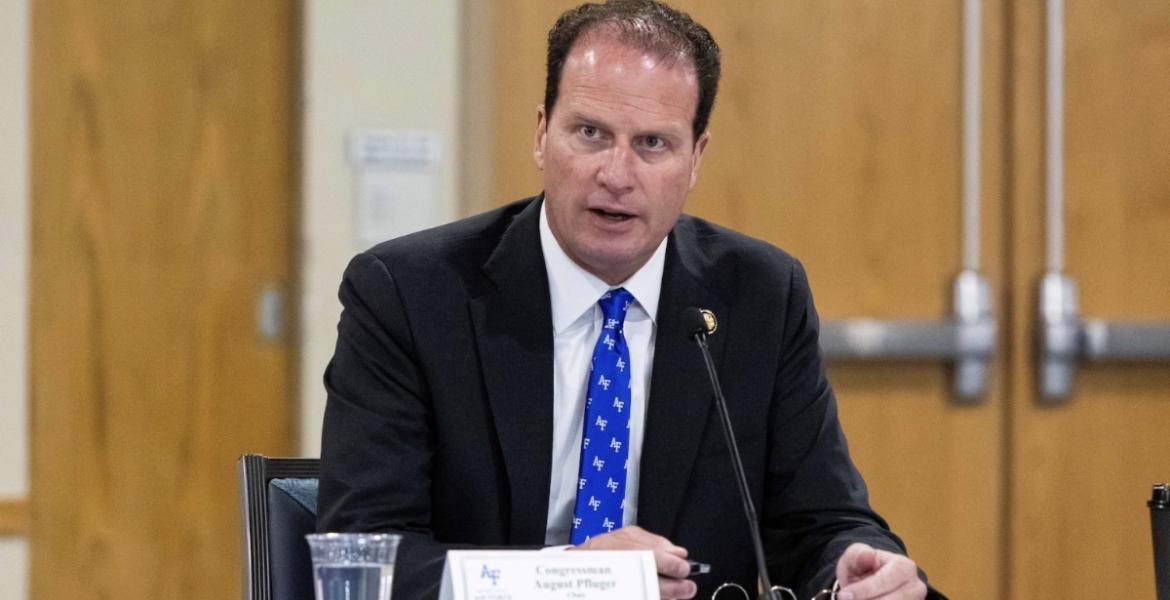AUSTIN, TX — Senate Bill 434 proposes to modify the “burden of proof in a suit or administrative proceeding to establish that an area is subject to the public beach easement.” Sounds like legalese, but three former Texas Land Commissioners argued that should this bill become law, Texans who traditionally enjoyed unfettered access to public beaches from McFadden Beach near Port Arthur to South Padre Island will need to have an attorney accompany them in case trespassing charges are filed against them.
In the State of Texas Constitution is the Texas Open Beaches Act that was added in 1959. In implementing this law, the Texas Legislature gave authority to the Texas General Land Office to determine the boundaries of public beaches. SB 434, introduced this legislative session by Texas Senator Mayes Middleton (R - Galveston), strikes language from an administrative law that would guarantee beach access to all. Under Middleton’s revision, the property owner of the land facing the beach will make the determination of where public beach access begins and the rest of us be damned, unless we have the resources to file a lawsuit.
As the law has been on the books since 1959, public beaches are between the line of vegetation and the high tide water mark. The new legislation will allow the beach-facing property owner to define his or her private property line beyond the vegetation line all the way to the “wet beach” area that begins at he high tide mark. That means at high tide, Texas citizens will have to navigate through water, around potentially fenced areas with ‘no trespassing’ signs, to enjoy the open beach. SB 434 also removes the authority of the Texas Land Commissioner to define where the public beach begins.
Three former Texas Land Commissioners from both parties, David Dewhurst (R), Garry Mauro (D) and Jerry Patterson (R) warned in an op-ed in the Galveston Daily News that if SB 434 becomes law, “public access to Texas beaches may soon end.”
The bill shortens the wording of the existing law to shift the burden of proof onto the citizen complainant that a property owner is restricting access to the public beach. That access is a constitutional right in Texas. The law’s proposed modifications are here.
The trio of former land commissioners suggests that Texans wanting to maintain public and open beaches in Texas to contact their state senator and state representative to urge them to oppose Senator Middleton’s SB 434. In San Angelo, Sen. Charles Perry and Rep. Drew Darby are our representatives.
Subscribe to the LIVE! Daily
Required






Post a comment to this article here: